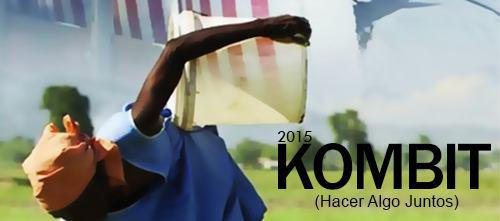Nature, Man Closing Ranks to Down Haiti-Dowellers Blissfully Ignorant
TEHRAN (AIPFF) - From a rural community with goals that seem Utopian in that context, Anibal Garisto goes through a dystopian universe.
TEHRAN (AIPFF) – From a rural community with goals that seem Utopian in that context, Anibal Garisto goes through a dystopian universe.
Today’s Haiti, destroyed by both nature (the terrible 2010 earthquake) and man (governments and the presence of Minustah, the UN’s armed forces that occupy the territory) but Thousands of people are still struggling to eke out a living. The community settled in the region, called Interior Division of Haiti, grows organic rice and also tries to provide basic education and healthcare to its members. Produced with ancient techniques, the rice stands in an unequal competition with the one imported from Miami and industrially processed; the Minustah acts as a safe keeper for the status quo and is also the one who introduced cholera into Haiti.
An antagonist, the United States is introduced. US decides to import genetically modified rice to Haiti at low prices, subduing artisanal and domestic production of rice. Underpaid labor is employed, which is equated with slavery neocolonialist. Haiti lost their food sovereignty and its economy crumbles.
“Kombit” documents this sum of calamities and shows the consequences of Neoliberalism by accentuating the hardships of the poorest country in America. It does so quietly, mixing with the desolated beauty of the rural landscape and the cities’ deeply rooted poverty. Large close ups and a few talking heads tell a story of poverty and hope.
“Kombit” by Anibal Garisto accounted as a foreign film, will participate in the 3rd Ammar International Film Festival 2016.



